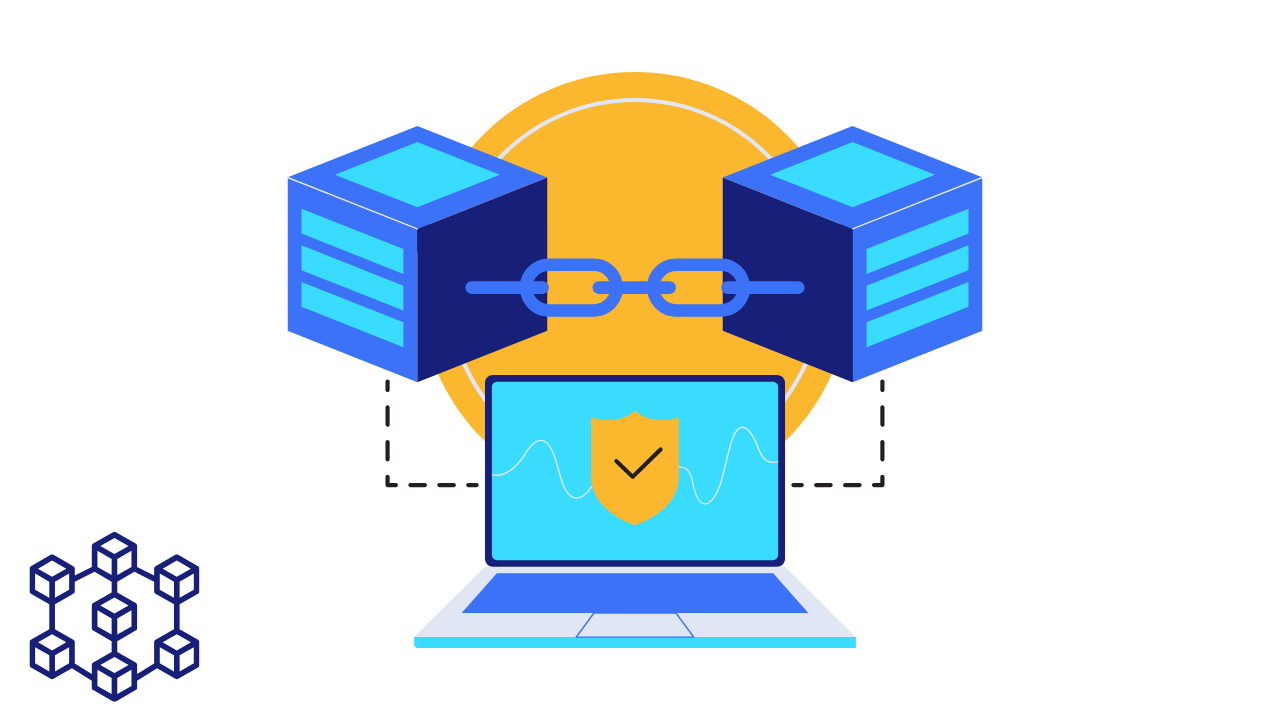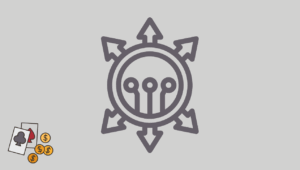The internet has come a long way since its static, read-only days. Today, web experiences are dynamic, interactive, and deeply connected. But as user expectations grow and digital threats become more sophisticated, developers are looking for technologies that offer not just flexibility, but trust, transparency, and security. Enter blockchain. In this article, we’ll explore how blockchain is reshaping the future of web development.
What started as the underlying technology behind Bitcoin has now evolved into a powerful tool for solving some of the web’s biggest challenges. From data security and identity management to decentralized hosting and smart contracts, blockchain is quietly—but profoundly reshaping how we build and experience the web.
Trust by Design: The Need for Decentralization
Traditional web applications rely on centralized servers. This architecture is not only prone to data breaches but also vulnerable to downtime, censorship, and single points of failure. Blockchain offers a new approach to decentralization. By distributing data across a network of nodes, blockchain removes the need for intermediaries and significantly reduces the risk of manipulation or data loss.
Platforms like Ethereum and Solana have introduced programmable blockchains that allow developers to create decentralized applications (dApps) with built-in trust and transparency. These applications run exactly as programmed and can’t be altered once deployed, opening up new possibilities for financial services, content sharing, and community-led platforms.
Meets Smart Contracts: Blockchain Reshaping Web Development Future
One of the most revolutionary components of blockchain technology is the smart contract self-executing code stored on the blockchain. In the context of web development, smart contracts can automate everything from user verification to payments, memberships, and even data access controls.
Imagine building a web platform where users can subscribe to premium content using crypto, and access is granted instantly and automatically via a smart contract. No third-party plugins, no delays, and no need for manual oversight. This level of automation enhances user experience while reducing backend complexity.
Enhancing User Privacy and Security
Data breaches and privacy violations have become far too common. Blockchain offers an alternative approach where users own and control their own data. Instead of storing user credentials on centralized servers. Web apps can verify users through decentralized identifiers (DIDs), ensuring better protection of personal information.
Moreover, blockchain’s inherent immutability makes it an ideal solution for maintaining secure logs, verifying content authenticity, and creating auditable records. All within a web ecosystem.
A New Frontier: Blockchain Reshaping Web Development Future
The shift toward decentralized web applications is creating a new demand for developers with skills in blockchain development. This field is no longer just about building cryptocurrencies. Developers are now building user interfaces. That interact with smart contracts, integrating blockchain APIs, and creating systems where data flows transparently and securely across distributed networks.
If you’re a web developer, learning blockchain development opens the door to the next wave of digital innovation. Whether it’s building the next NFT marketplace, decentralized social network, or a secure voting system.
The Road Ahead
While blockchain is not a silver bullet for every use case. Moreover, its integration into modern web development is unlocking a host of new capabilities. As more tools, frameworks, and developer communities emerge, the learning curve will flatten, making blockchain more accessible to mainstream developers.
Just as mobile responsiveness and HTTPS have become web standards. So, blockchain-based features like decentralized identity, tokenization, and zero-knowledge proofs may soon become integral to how the web works.
Blockchain Reshaping Web Development Future Conclusion
Blockchain is not just changing how money moves online. So, it’s fundamentally transforming how trust is embedded into web systems. For developers, embracing this shift means building apps that are more secure, transparent, and future-ready. As the technology matures, it’s becoming increasingly clear: the future of web development is decentralized.








